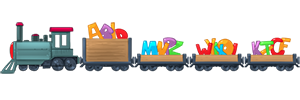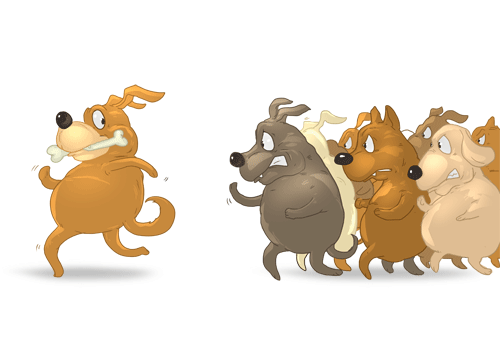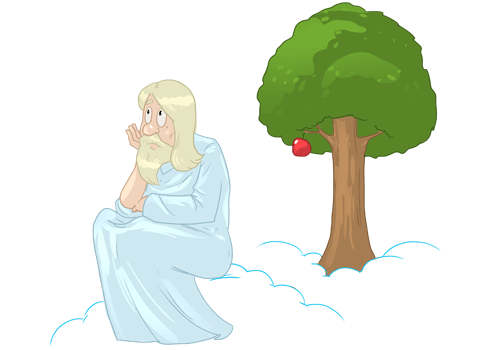Maltese
Lingwa Maltija
Lingwa Maltija
430,000
Malta, EU
UK, Australia, USA, Tunisia


The official languages of Malta are Maltese and English, with Maltese having the status of national language. While most Maltese can speak English, they use Maltese more in their daily lives. The history of the Maltese language mirrors the history of the island. The language is likely to have started as a Punic dialect, but later it came under a strong Arabic influence when the Arabs conquered Malta in 870 AD and over the ages adopted elements of several other languages. While it has retained its basic Semitic structure, words were imported from European languages such as French, Italian, Spanish and English as new words were required to describe new social and business activities. For centuries Maltese was a spoken language only. It wasn't until the early part of the 20th century that it became a written language, adopting a western alphabet in preference to the Arabic script. Today Maltese is a fully-fledged language with its own body of literature.
The idea of dialects in Malta (and the nearby island Gozo) is a narrow one. However going from town to town, one may easily feel certain differences, so that one may hear: immorru (let’s go) and then in another town one may hear it: immurru - the O has changed to U. There is also a change of Q into K so that Qormi (name of a town) is heard with a Q in one place and in another with a K.
Maltese is written in a Latin-based script which became standardized in the 1920s and officially adopted in 1934. Note the special characters used in the orthography, i.e. the dotted ġ, ċ and ż and barred ħ. The għ digraph historically represents two sounds which are retained in Arabic, but which have been lost in most dialects of Maltese.
The article is l- which may change to il-. E.g.: l-isbaħ (the most beautiful), il-bir (the best). The l may be assimilated in front of certain consonants, so instead of il-dar, the form is id-dar; il-nar (the fire) becomes: in-nar.
One of the characteristics of Maltese, inherited from Arabic, is the tri-consonant system of verbs, for example kiser (he broke). The three consonants of this verb are: k, s, r. Whatever forms this verb takes, those three consonants remain in the same order, e.g. ksirna (we broke). There are various types of verbs: strong, weak, defective, hollow, doubled.
The Maltese verb system has also incorporated Romance verbs and added Maltese suffixes and prefixes to them, e.g.: iddeċidejna ("we decided") ← (i)ddeċieda ("decide"), a Romance verb + -ejna, a Maltese first person plural perfect marker.
There are various types of plurals: ġlekk (dress) – ġlekkijiet (dresses); but: kelb (dog) – klieb (dogs). Words of Romance origin are usually pluralized in two manners: addition of -i or -jiet. For example, lingwa (language) – lingwi (languages), from Sicilian lingua, lingui; pjanu (piano) – pjanijiet. Words of English origin are pluralized by adding either an "-s" or "-jiet", for example friġġ, friġis from the word fridge. Some words can be pluralized with either of the suffixes to denote the plural. A few words borrowed from English can amalgamate both suffixes, like brikksa from the English brick, which can adopt either collective form brikks or the plural form brikksiet.
Two varieties of Maltese can be identified. The first is that spoken by educated and middle class speakers in Valletta (the capital) and Sliema. Code-switching between Maltese and English is frequent among these speakers. The second variety is spoken in agricultural and industrial areas. This variety is more conservative, retaining certain sounds found in mainstream varieties of Arabic and retaining more vocabulary of Arabic origin.
The Maltese population, being fluent in both Maltese and English, often engages in code switching (referred to as 'Maltenglish') in certain localities and between certain social groups.









